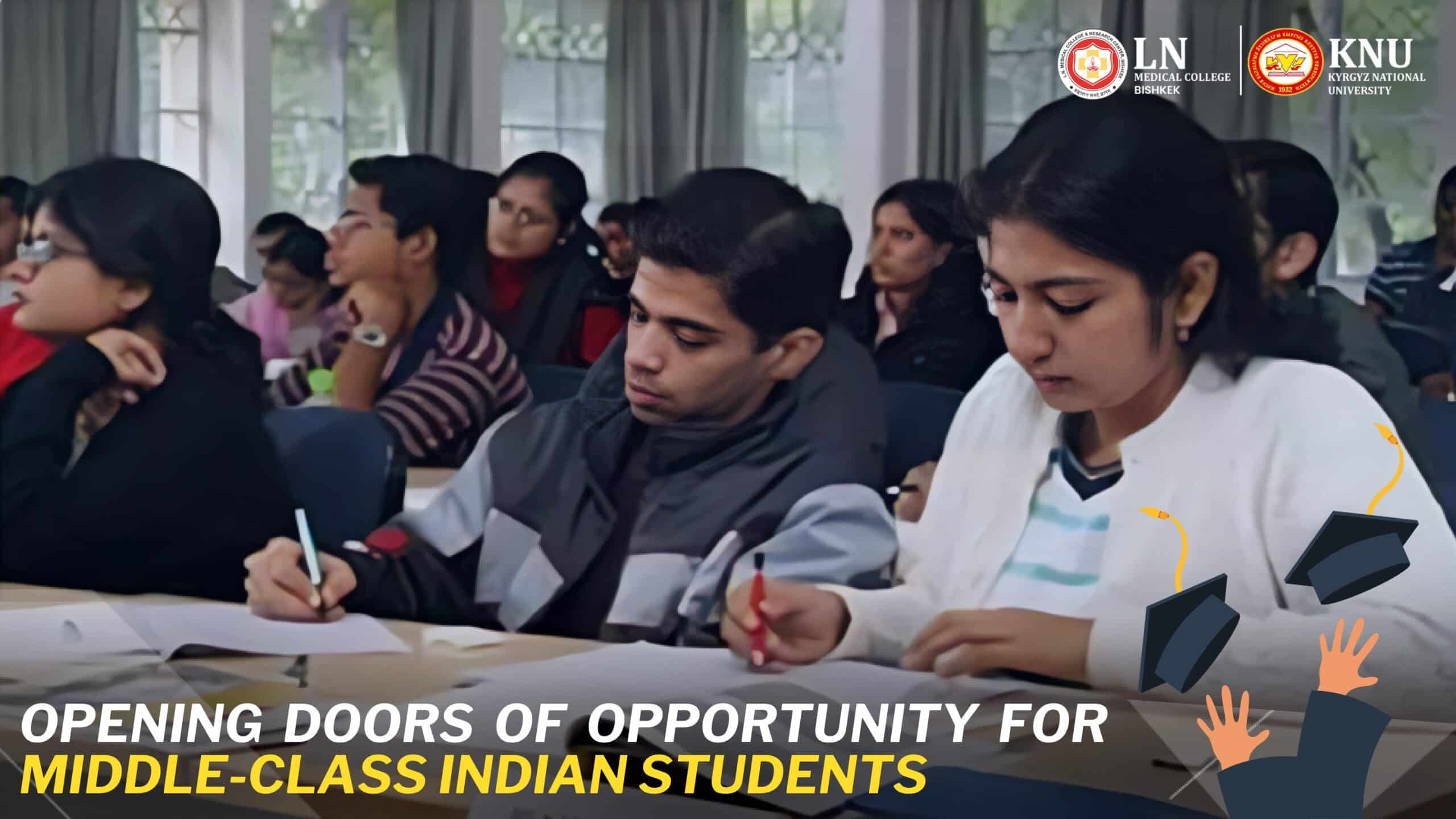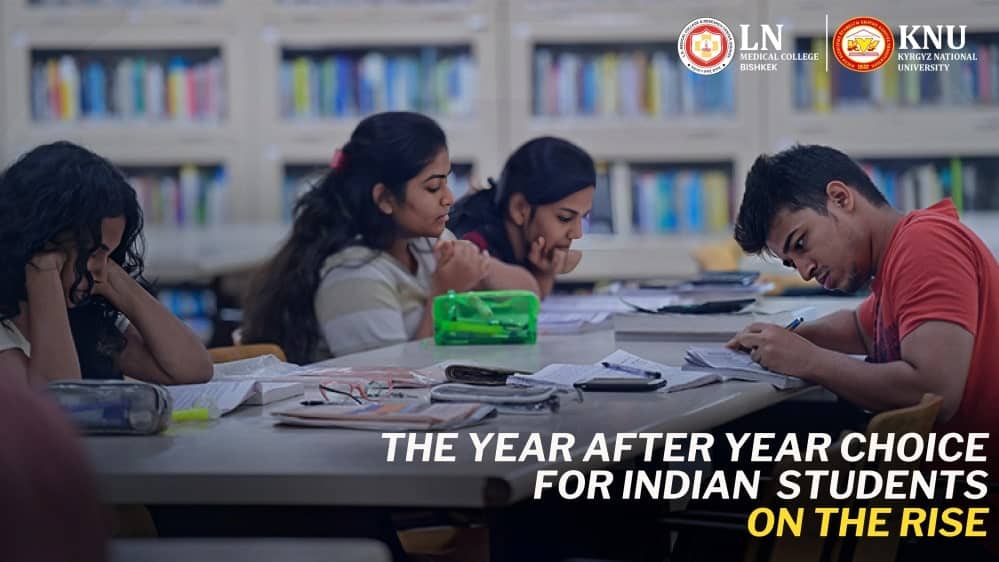National Exit Test (NExT): A New Era in Medical Education

The National Exit Test (NExT) is poised to revolutionize the landscape of medical education in India. This comprehensive examination will serve a dual purpose – as a licentiate examination for medical graduates in India and as a pivotal determinant of eligibility and ranking for admission to postgraduate medical education in the country. Furthermore, it will function as a screening examination for foreign medical graduates seeking to practice in India.
In a recent development, discussions between the Health Ministry and officials from the National Medical Commission (NMC) have hinted at the likely commencement of NExT in August 2025 for the final year MBBS students of the 2020 batch. The NMC’s NExT Regulations 2023, issued in June, delineate the examination’s structure into two phases: NExT Step 1 and NExT Step 2, both to be conducted within 12 months.
The concept of NExT aims to bring uniformity to medical education and assessment in India. This is a significant step, as there is currently no standardization in the MBBS course completion period across the country.
NExT Step 2 is expected to be held in February, allowing students who couldn’t participate in the August 2025 exam to appear in the February session. Moreover, candidates who do not clear NExT Step 1 or are dissatisfied with their ranks can also avail themselves of the February examination.
Notably, there will be a single counseling session for admission to postgraduate medical courses each year. However, students can participate in medical PG counseling for the subsequent session based on their performance in the NExT February exam.
In terms of evaluation, the NExT Step 2 results will be categorized as either “pass” or “fail,” depending on the demonstration of appropriate competence. These results will play a pivotal role in determining the merit list for admission to broad speciality PG seats.
The NExT Step 1 examination will consist of theory-based questions, which will be predominantly in the multiple-choice format and conducted online. This move towards uniformity and standardization is a major stride in India’s medical education landscape, promising a brighter and more consistent future for medical graduates.



